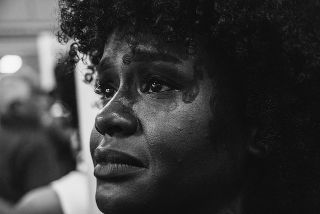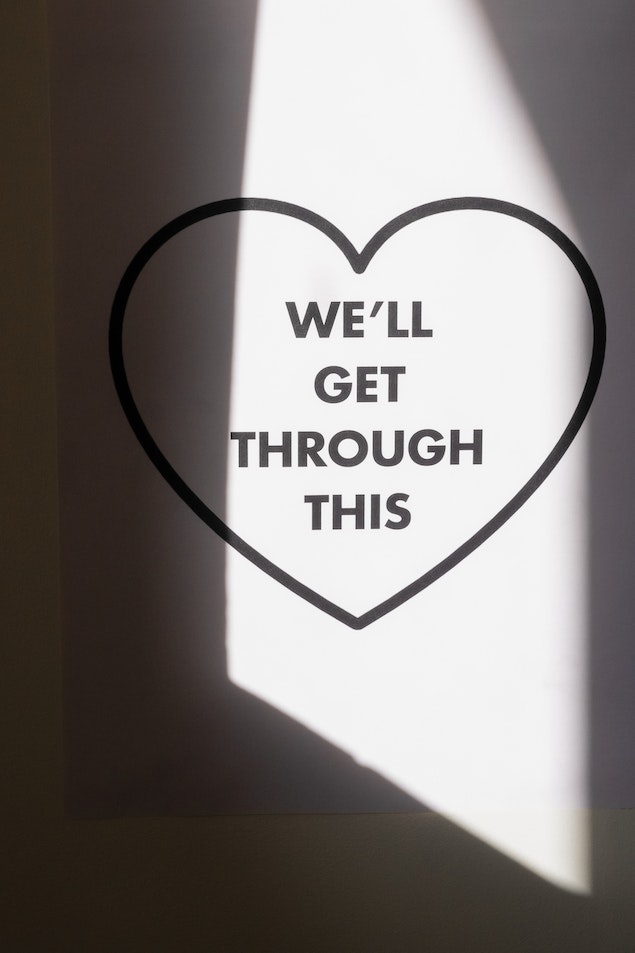
A Powerful Path to Healing.
Millions of people worldwide are afflicted by the complex mental health disorder known as depression. Cognitive-behavioral therapy (CBT) has emerged as a highly successful treatment for depression, even though medication might be useful in managing symptoms. In this article, we’ll look at how CBT functions, its guiding principles, and how it can offer a life-changing path to healing and recovery from depression.(Cognitive Behavioral Therapy and Depression)
Understanding Depression.
Not just temporarily sad or depressed, depression lasts longer. It is a chronic and incapacitating mental health condition marked by deep melancholy, loss of interest in or enjoyment in activities, changes in eating or sleep patterns, feelings of worthlessness or guilt, trouble focusing, and even suicidal or self-destructive ideas.

The Core Principles of Cognitive Behavioral Therapy.
In order to help people recognize and alter harmful thought patterns and behaviors, cognitive behavioral therapy uses a goal-oriented and scientifically supported approach. These are its guiding ideas:
Recognizing Negative Thought Patterns: CBT assists people in identifying negative ideas, self-defeating beliefs, and distorted thought patterns that underlie depression. Individuals can confront and reframe these cognitive distortions by being aware of them in order to have a more upbeat and realistic viewpoint.
Understanding the Interaction of Thoughts, Emotions, and Behaviors: CBT emphasizes the interaction of thoughts, emotions, and behavior. It underlines how unfavorable ideas can lead to unfavorable emotions, which in turn can have an impact on maladaptive behaviors. The goal of CBT is to disrupt this vicious loop by focusing on and altering these thoughts.
Creating Coping Strategies: CBT gives people useful coping techniques to deal with depression symptoms. The use of stress-reduction techniques, problem-solving approaches, and other tools may fall under this category. People can lessen the influence that depression has on their daily life by developing new coping mechanisms.https://www.choosingtherapy.com/cbt-for-depression/

The Process of CBT for Depression.
CBT is frequently carried out in a structured, group setting. The following are the main steps in the CBT process:
Assessment and Goal-Setting: The therapist and patient collaborate to establish clear objectives and assess the degree and kind of depressive symptoms. The treatment plan is guided by the assessment.
Cognitive Restructuring: People can learn to recognize and question harmful thoughts and replace them with more reasonable and balanced ones via the use of various strategies, such as cognitive restructuring. This procedure aids in changing how the person sees the world, other people, and himself.
Behaviour activation:Depression frequently causes people to withdraw from activities and social connections, which activates behavior. Behavior activation is a key component of CBT, which promotes people’s participation in enjoyable and gratifying activities. It is possible for people to lessen the effects of depression by having more pleasant experiences.
Building skills: CBT gives patients a toolset of abilities to control their depressed symptoms and avoid relapsing into depression. This could entail improving communication and assertiveness abilities as well as stress management approaches and problem-solving methods.https://www.webmd.com/depression/guide/cognitive-behavioral-therapy-for-depression

The Benefits and Effectiveness of CBT.
Depression can be effectively treated with CBT, according to research. Its capacity to lessen depressed symptoms and stop relapse has been repeatedly proven by research. Additionally, CBT equips people with long-term coping skills, allowing them to better handle upcoming difficulties.https://www.ncbi.nlm.nih.gov/pmc/articles/PMC7001356/
Holistic Approaches to CBT and Beyond.
Despite the fact that CBT is a potent therapy option, it is crucial to understand that depression is a complicated illness. The effectiveness of treatment can be increased and general well-being can be promoted by combining CBT with other holistic strategies including mindfulness, exercise, and social support.
Conclusion.
For those suffering from depression, cognitive behavioral therapy offers hope and recovery. CBT gives people the ability to take charge of their lives again by addressing negative thought patterns, behavior patterns, and building effective coping mechanisms.
Consideration of Cognitive Behavioral Therapy might be a crucial step toward finding relief and embracing a brighter future if you or someone you know is struggling with depression. A comprehensive treatment plan that takes into account your unique needs must be created, so don’t hesitate to contact a licensed mental health expert. CBT can offer the tools and methods need to manage the difficulties of depression and start down a transformative path to healing and recovery with the proper direction and support.https://www.healthline.com/health/depression/cognitive-behavioral-therapy



Pingback: Holistic approaches to mental health.
Pingback: Combining Antidepressants and CBT for Severe Depression"